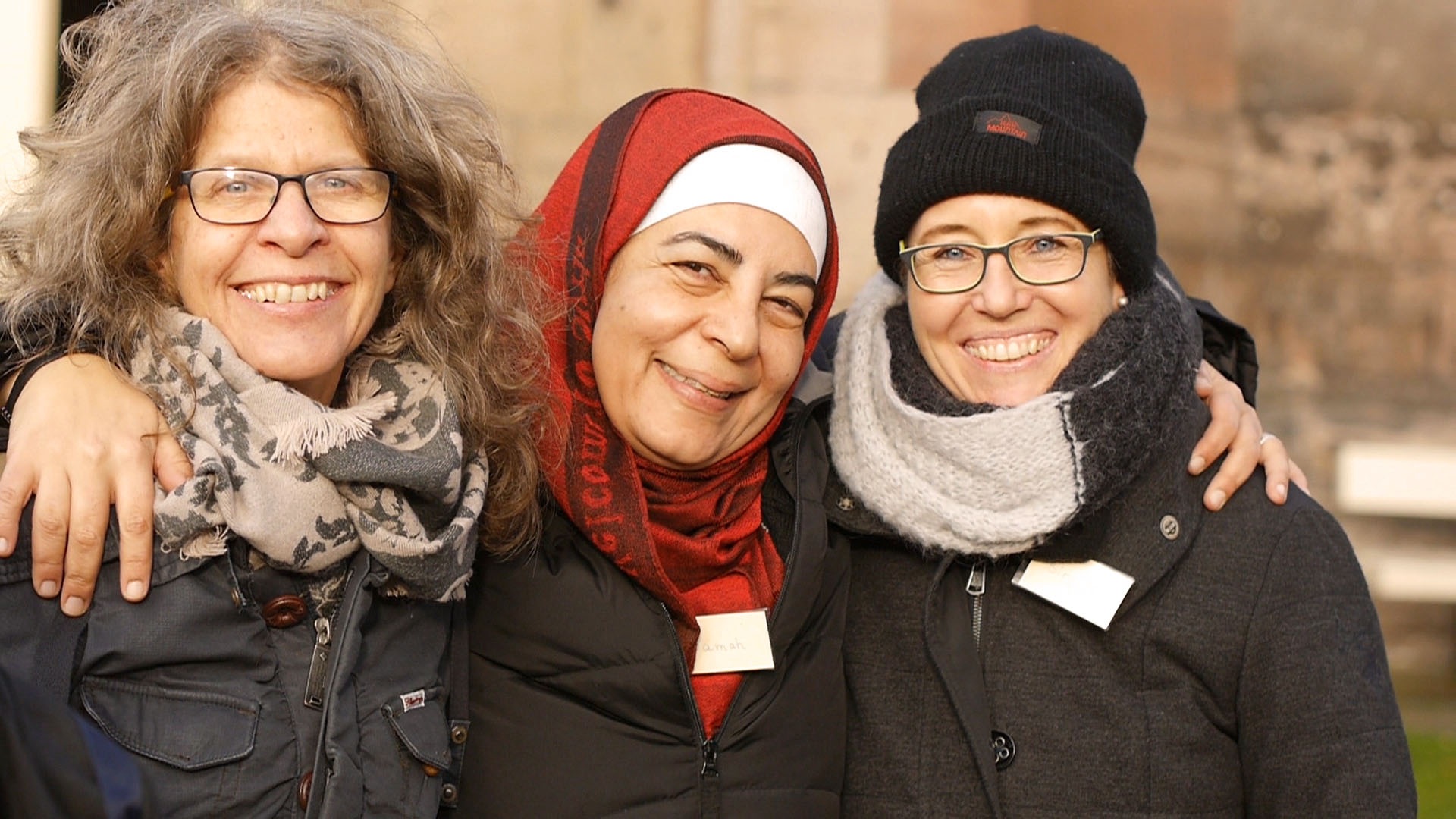New EU focus on refugee labor market integration

New EU focus on refugee labor market integration
Marking World Refugee Day yesterday, The EU Commission launched a skills match tool for refugees and third country nationals.
Marianne Thyssen, European Commissioner for Employment, Social Affairs, Skill and Labour Mobility, says the bloc acknowledges the role that refugees can play in the EU’s economy, especially as the European population ages. “We can welcome migrants that will address these shortages on the labour market,” said Thyssen, who presented the tool alongside the Commissioner for Migration, Home Affairs and Citizenship, Dmitris Avramopoulos.
The Skills Profile Tool will used by integration service, public employment services, and other organizations offering services to non-EU nationals to make sure their skills and education are recognised, and to provide further guidance on training, education or employment.
“Integration of non-EU nationals into the labour market is one of the most important challenges we face together, especially in light of past, current and future inflow of refugees and asylum seekers,” says the EU Commission. “Indeed, the cost of non-integration is far greater in the long run than the cost of effective integration policies, and in light of digitalisation and an ageing society, Europe has an interest in becoming an attractive destination for the talent our economies need. To make the best of our human capital, we need to put all talent in the EU to use.”
Pieter Bevelander, writing on Integration refugees into labor markets, says “Existing studies show that refugees have a lower employment rate and income level than family reunion migrants and labor migrants, but that over time this income and employment gap diminishes or disappears altogether. One reason for this slower adaptation process is the depreciation of human capital and credentials due to the asylum and skill accreditation processes.”
He concludes, “Given the long-term gap in labor market integration experienced by refugees, host countries are missing out on the potential economic gains offered by refugee immigration. In turn, this gap can fuel poverty and segregation among refugees and increase societal costs.”
Read our article on migration policy and the labor market.
Watch our short video: Integrating refugees into labor markets.